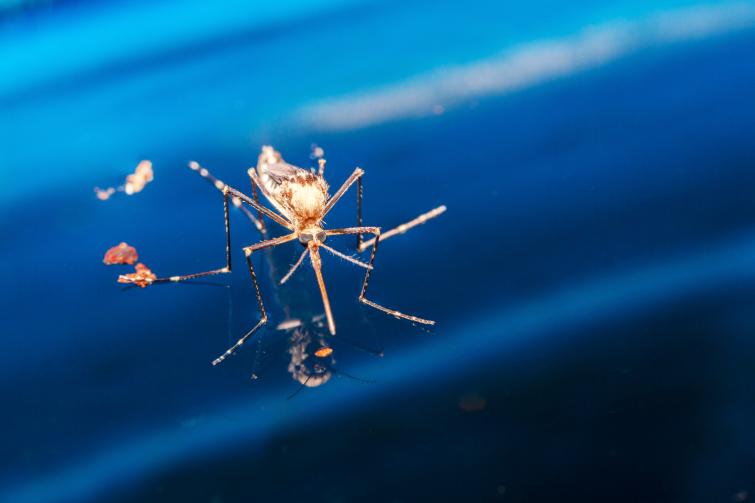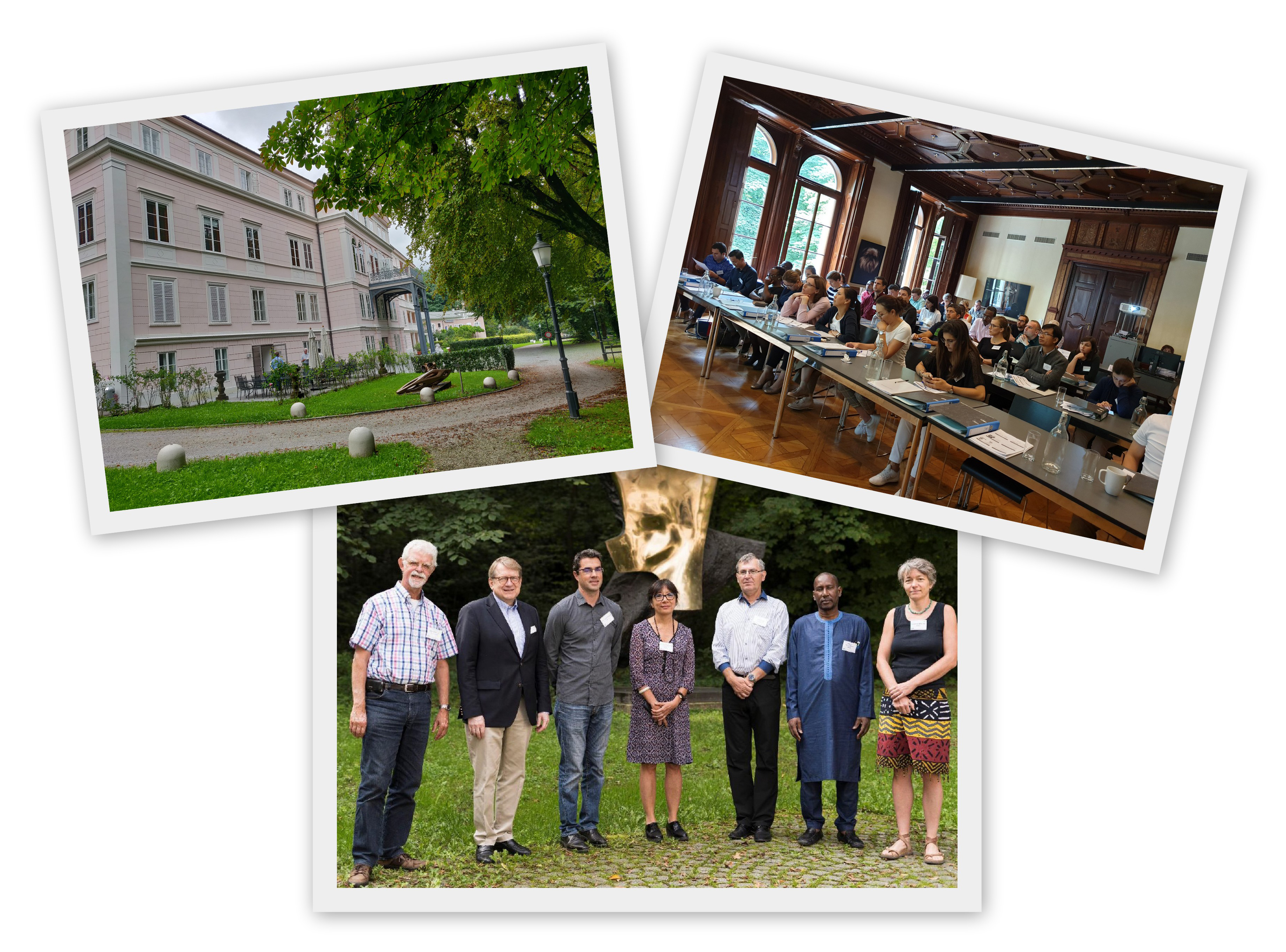
 education
education
OMI - Pasteur Course on Global Health: Vector-Borne Diseases
Institut Pasteur (IP) was chosen as the first European institution enrolled in the Open Medical Institute (OMI) courses with an engagement over three years.
The OMI is a global, educational initiative. It was established in 1993 by doctors from Weill Cornell Medicine and New York-Presbyterian Hospital and trustees of the American Austrian Foundation (AAF). It aims to bridge the knowledge gap between East and West and prevent brain drain from countries in transition.
The AAF organizes its training offering in close collaboration with renown academic partner institutions. Both public and private donors fund the program. Mid-career level, English-speaking physicians, and more recently live science and global health researchers from countries in transition may apply. Once accepted, they are invited to Salzburg to meet with internationally renowned American/ European faculties to lean and exchange knowledge and experiences. Since 1993, more than 2,000 doctors from different American universities and hospitals have offered over 4,000 weeks to train more than 22,000 physicians from 121 different countries and regions in current medical standards and practices.
 The first OMI-Pasteur Course “Vector-borne diseases” was directed by Anna-Bella Failloux who is the Director of the course “Insect Vectors and Transmission of pathogens” since 2016, a course which is held every alternate year at the IP Paris (next session in April 2020) and in one of the Institut Pasteur from the Pasteur Network IPIN (last session in June 2019 in IP Laos).
The first OMI-Pasteur Course “Vector-borne diseases” was directed by Anna-Bella Failloux who is the Director of the course “Insect Vectors and Transmission of pathogens” since 2016, a course which is held every alternate year at the IP Paris (next session in April 2020) and in one of the Institut Pasteur from the Pasteur Network IPIN (last session in June 2019 in IP Laos).
This first OMI-Pasteur Course was selected by Prof. Wolfgang Aulitzky (Director of the medical program of the AAF) and oganized, with the precious help from Stephanie Faschang (Seminar coordinator in Salzburg) in a very short time (less than 6 months) for 12 hours of lectures, 4hrs of conference and 7hrs of round tables, and the enrollment of 34 students (30 nationalities) including 12 from the IPIN. Lectures were in the morning and conferences/round tables in the afternoon. Eleven faculties had the task to introduce students to medical entomology. Different families of arthropods (mosquitoes, sandflies, ticks, biting midges) and their role in transmission of pathogens (viruses, bacteria, parasites), were addressed and also, some more specific topics such as insecticide resistance, insect microbiome, modelling, insect immune responses. Students discussed during round tables on topics such as future emergences of VBD (climate change, globalization), prediction/modelling, control (vector control and/or vaccination), interest of field studies. Students have gained specialized skills in biology/ecology of major vector-borne diseases as demonstrated by their significant improvement between the course pre-test and the post-test. All participants (students and faculties) live and work together along one week in Schloss Arenberg, an amazing environment in the historical city of Salzburg in Austria.
The next course “Vector-Borne Diseases » OMI-Pasteur course will be in 2022 after the OMI-Pasteur Courses “Virus, liver & Cancers” directed by Dr Jean-Pierre Vartanian (2020) and “Sensory and neurological disorders: genes, pathogenesis & innovative therapies” directed by Dr Aziz El Amraoui (2021).
 Photo taken last September in the presence of Simon Cauchemez, head of the Mathematical Modelling of Infectious Diseases Unit, director of the "Modeling of Infectious Diseases" course (Public health Pasteur-CNAM Master) and Anna-Bella Failloux, head of the Arboviruses and Insect Vectors Unit.
Photo taken last September in the presence of Simon Cauchemez, head of the Mathematical Modelling of Infectious Diseases Unit, director of the "Modeling of Infectious Diseases" course (Public health Pasteur-CNAM Master) and Anna-Bella Failloux, head of the Arboviruses and Insect Vectors Unit.